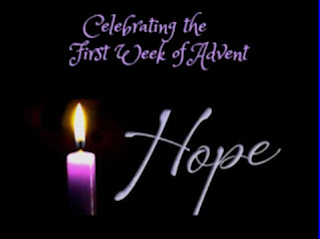January 5 - 9, 2026
January 6th is the Feast of the Epiphany of our Lord. That will be the topic of our Religion lessons this week. We will learn about the three Magi who followed the star of Bethlehem to baby Jesus, bringing gifts of gold, frankincense, and myrrh. What gifts can we give to Jesus?
Language:
In Writing, we will review the criteria for recount texts while writing a recount of something we did during the holidays. We will also continue our learning about descriptive writing, and set some goals for using descriptive vocabulary and details to improve our writing.
To help with our reading comprehension skills, in the next few weeks we will begin an exploration of several features of non-fiction texts (information texts) and how they help the reader identify important ideas and information. We will learn about table of contents, headings, special font, photographs, diagrams, labels, captions, text boxes, maps, cut-outs/closeups, glossary, and index.
This week's UFLI phonics lessons will include a review of what we learned before Christmas about long vowels, as well as the _ce and _ge endings. We will also learn about some exceptions to the silent e rule, such as in the words have, give, live, love, some, done, none, come.
Math:
We will continue to work on our unit about addition and subtraction. In Grade 2, we are practising our recall of and understanding of addition facts for numbers up to 20, and their related subtraction facts. We have practised using the doubles, doubles plus one, doubles minus one, make ten, and rearranging numbers or using friendly numbers to add. This week, we will review how to subtract by using addition, and then we will learn about adding and subtracting numbers to 20 by exploring and practising fact families.
Grade 2 Parent Letter About Using Addition to Subtract here
Grade 2 Parent Letter About Using Related Subtraction and Addition Facts
In Grade 3, we continue to explore strategies for adding and subtracting numbers less than 100 (e.g., using a number line, hundred chart, manipulatives such as counters or ten-frames, drawing objects, and using mental strategies). This week, we will review how addition and subtraction are related.
Grade 3 Parent Letter Relating Addition and Subtraction here
Grade 3 Parent Letter Solving Problems Using Mental Strategies
In both Grades 2 and 3, we will also begin to work on solving word problems that involve addition and subtraction. We will focus on how to communicate and show our thinking (How did we determine our answer?; What strategy did we use? How can we explain our strategy?). We will also learn the steps to solving a problem, including writing the final answer in a complete sentence when solving a word problem. Please have your child practise adding and subtracting at home, with an important focus on encouraging your child to explain his/her thinking, as this is a challenging skill for many.
Grade 2 and Grade 3 Math Homework:
Memorize doubles addition facts to the sum of 20 (e.g., 4+4, 5+5, 6+6, 7+7, 8+8, 9+9, 10+10), as well as the related doubles subtraction sentences (e.g., 8-4=4, 10-5=5, 16-8=8, etc.).
Important Dates:
Monday, Jan. 5 - First day of school after Christmas break
Friday, Jan. 9 - Grade 2/3 Library Day
Friday, January 30 - P.D. Day: No school for students








